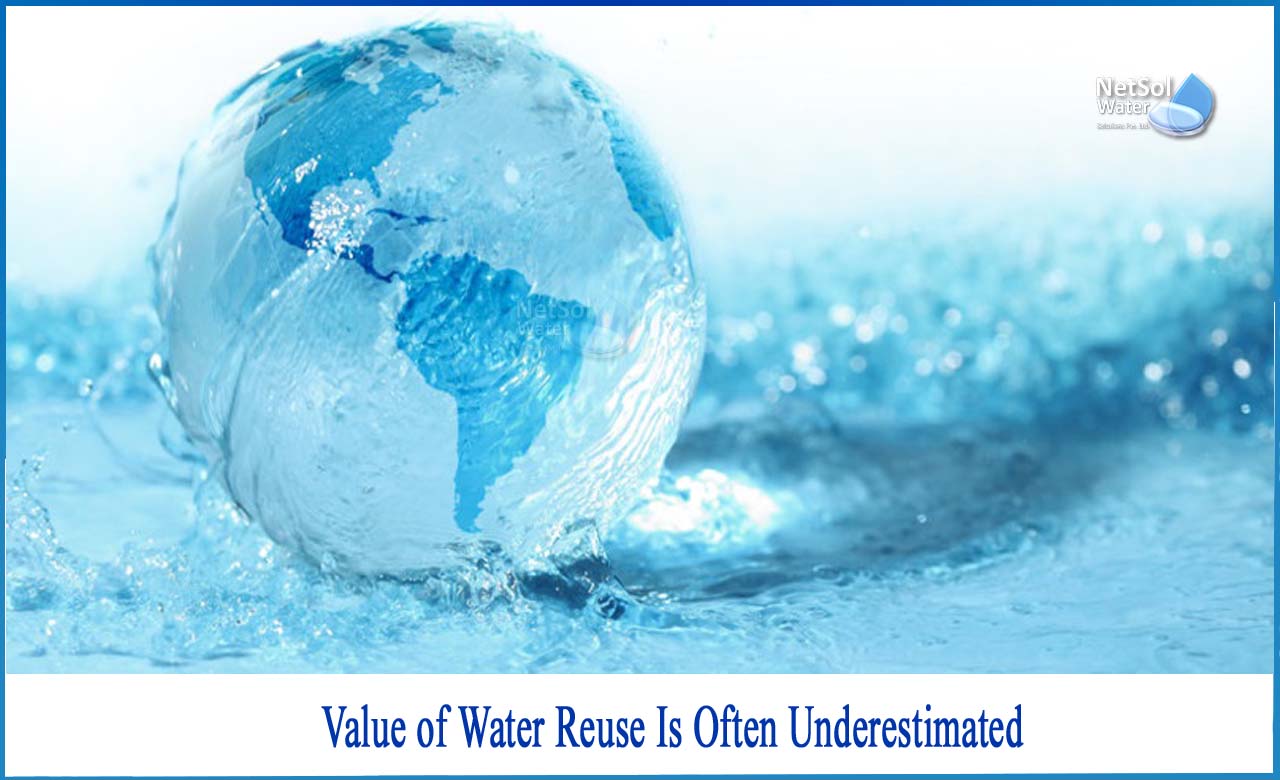Why the Value of Water Reuse Is Often Underestimated?
Traditional economic feasibility assessments tend to focus solely on internal expenses, overlooking much of the value that water reuse provides!
Economic feasibility studies are frequently used to determine the fate of water reuse projects, but the methods used to assess them tend to favour internal costs like distribution and treatment requirements over external benefits like environmental impact and increased tourism. As a result, many proposed water reuse projects are incorrectly rated as negative, minor, or lukewarm when their economic benefits obviously outweigh the cost.
Water reuse has positive environmental consequences
Aside from the benefits of improved agricultural water availability, urban water reuse projects can also have a positive environmental impact by helping to improve the water quality of receiving bodies by diverting wastewater from its outflow. This is an example of a win-win situation in which major synergies between the urban and agricultural sectors, as well as the environment, can be established.
The methods for the cost-benefit analysis for water reuse systemshas a variety of advantages to wastewater reuse.
Role of Government
Economic considerations must be factored into the governance of water reuse cases. The total costs of treatment and monitoring the reuse system as a whole are a significant impediment to the development of water reuse. There would be significant expenditures connected with the conveyance system and delivery management for irrigation in circumstances where recycled water is used for agricultural purposes. Water reuse, on the other hand, is frequently undervalued since the whole spectrum of advantages is not considered.
Different organisations bear the costs of water reuse treatment than the organisations that benefit from the availability of reclaimed water. This is a broad problem for the circular economy transition, as it necessitates a new distribution of societal values that goes beyond a cost-benefit analysis of a specific reuse instance. The circular economy will necessitate systemic reforms across the entire water value chain, benefiting the economic growth of water reuse practices.
Conclusion
The procedure of reusing treated wastewater for beneficial reasons, such as agricultural and landscape irrigation, industrial activities, toilet flushing, and groundwater replenishment, is referred to as water reuse.
Recycling our water has a number of advantages for our civilization, including:
• Lowering nutrient and pollutant loads in the oceans and rivers.
• Substituting drinking quality water for residential usage to provide more drinking quality water.
• Providing alternate water supplies to reduce demand and stress on freshwater resources such as groundwater and rivers.
How can Netsol Water help?
Netsol Water is a significant water and wastewater treatment firm in India, offering WTP, WWTP, STP, and ETP manufacture, among other services. The company creates equipment’s and is committed to providing practical solutions that help businesses flourish. We are committed to providing our valued customers with hands-on service, expert counselling, and training. We are developing technologies that prove sustainable to save fresh water resources. Thus, we mainly focus on water reuse.
Netsol Water is Greater Noida-based leading water & wastewater treatment plant manufacturer. We are industry's most demanding company based on client review and work quality. We are known as best commercial RO plant manufacturers, industrial RO plant manufacturer, sewage treatment plant manufacturer, Water Softener Plant Manufacturers and effluent treatment plant manufacturers. Apart from this 24x7 customer support is our USP. Call on +91-9650608473, or write us at enquiry@netsolwater.com for any support, inquiry or product-purchase related query.



